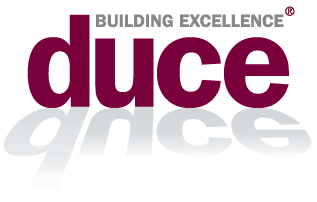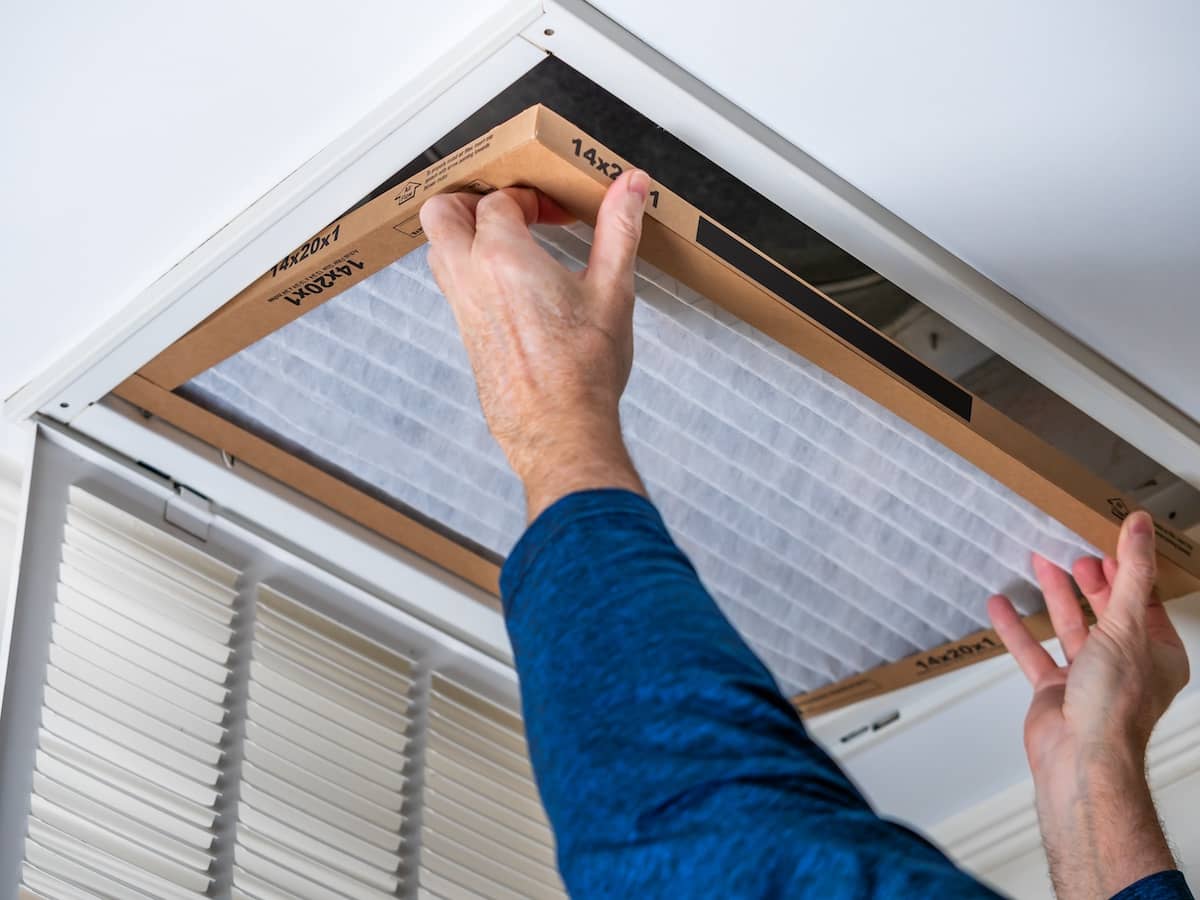If you’ve ever had the air conditioning stop working in the heat of summer or the furnace break down in the dead of winter, you appreciate the importance of HVAC maintenance. However, maintaining your HVAC system does more than prevent temporary discomfort. Timely maintenance reduces monthly energy bills and extends the life of your HVAC system so you save money over the long term; it also prevents a deadly carbon monoxide leak or fire.
While some HVAC jobs are best done with the assistance of a professional technician, there are certain HVAC maintenance tasks that homeowners can handle themselves.
Monthly
Check the filter
The general recommendation is to replace your HVAC filter every 90 days. However, there are several common contributors to poor indoor air quality that may result in needing to replace your filter more often, including: animal allergens, cleaning products, hobby products, beauty and personal care products, and gas appliances. Get in the habit of checking the filter monthly. If it looks dirty, dark, or clogged, go ahead and replace it. Take note of the air filter size before throwing out the old filter. You’ll need that information to buy the correct replacement filter for your system. Also, keep in mind that some filters last longer than others; pleated filters, for example, typically last for 90 days, while fiberglass filters only last for around 30.
Clear around outdoor units
Leaves, twigs, pollen, and more can accumulate on and around your outdoor air conditioning unit. It’s important to clear this away regularly to keep your system running. Aim to brush debris off your outdoor unit weekly while mowing the law and cut back grass and weeds to maintain two feet of clearance around outdoor units. If you want to hide your outdoor unit without affecting its performance, follow Consumer Reports’ landscaping advice.
Clean vents and registers
Dirt, dust, and pet hair loves to settle in a home’s vents and registers, especially if you have floor vents. Clean these areas as part of your regular chore rotation to prevent build-up from blocking air flow. Vents and registers can be cleaned by removing the grille with a screwdriver, gently vacuuming the entrance to the vent or register, and washing the grille before replacing it. If you’re wiping down grilles without removing them, use a dry microfiber cloth instead of water to avoid smearing dust around.
Every Three Months
Replace the filter
If you haven’t already replaced your HVAC filter, now is the time to do it. Turn off your HVAC system, remove the old filter, and use a rag to dust the area before inserting a new filter. When installing the new filter, keep in mind that HVAC filters have a front and back side. It’s important to insert your new filter properly in order for it to be effective. After replacing your air filter, turn the system back on and take note of the date so you can schedule the next replacement
Wash outdoor units
Despite monthly clean-ups, your outdoor air conditioning unit accumulates dirt over time. If you don’t clean it away, the dirt will eventually infiltrate your system and impair its performance. Before tackling this job, shut off the power to the outdoor unit. Use a screwdriver to remove the access panel and set it aside. Then, gently use a shop vacuum to suck dirt and debris out of the unit, taking care not to bend fins or coils. After you’ve finished vacuuming, use a garden hose to rinse down the unit and a wet rag to wipe fan blades clean. After you’re finished, replace the access panel and restore power to the unit.
While DIY maintenance extends the life of your system and saves you money, it’s not a replacement for professional HVAC servicing. Superpages.com recommends that homeowners have their HVAC system professionally maintained either once or twice per year so a trained technician can handle all the tasks that aren’t suited to DIY. These include lubricating moving parts and inspecting and replacing belts, refrigerant, drain lines, and electrical and gas connections. Professional servicing keeps your system running at optimal performance, saving you money and keeping your family safe.



